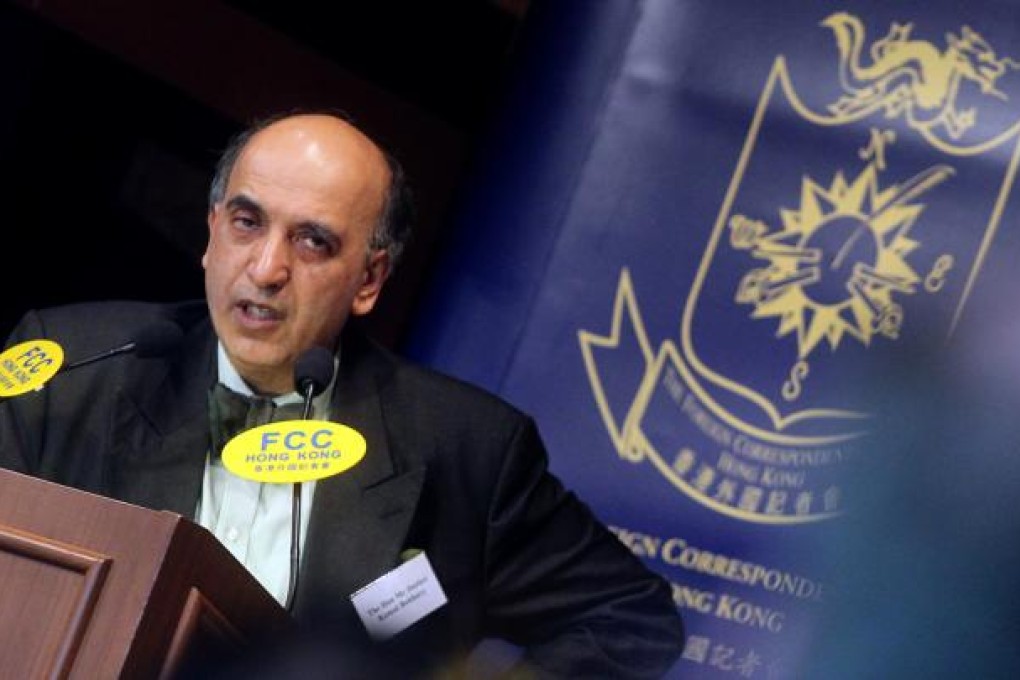Courts are keen to convict, claim lawyers
A barrister says this is because of the growing number of former prosecutors becoming judges

Lawyers are suggesting that judges are becoming more inclined to convict defendants as growing numbers of former prosecutors join the bench.
This follows the appointment last week of four District Court judges, two of whom had held senior positions in the Department of Justice, including a former senior assistant director of public prosecutions.
Six district judges appointed since 2009 were former prosecutors - just over a fifth of the total appointments in that time.
A senior barrister who specialises in criminal cases said judges now were more likely to convict than before 1997 and lawyers were having to disprove their clients' guilt rather than prosecutors having to prove it beyond reasonable doubt.
The barrister, who spoke on condition of anonymity, said it was down to localisation of judges and an increase in former prosecutors being judges.
"There has been a growing number of locals as well as prosecutors joining the Judiciary," the barrister said.
"Many judges share a mindset that a person would not be brought to a trial without strong criminal evidence and thorough police investigation, which gives rise to the tendency of the court to find the defendants guilty."